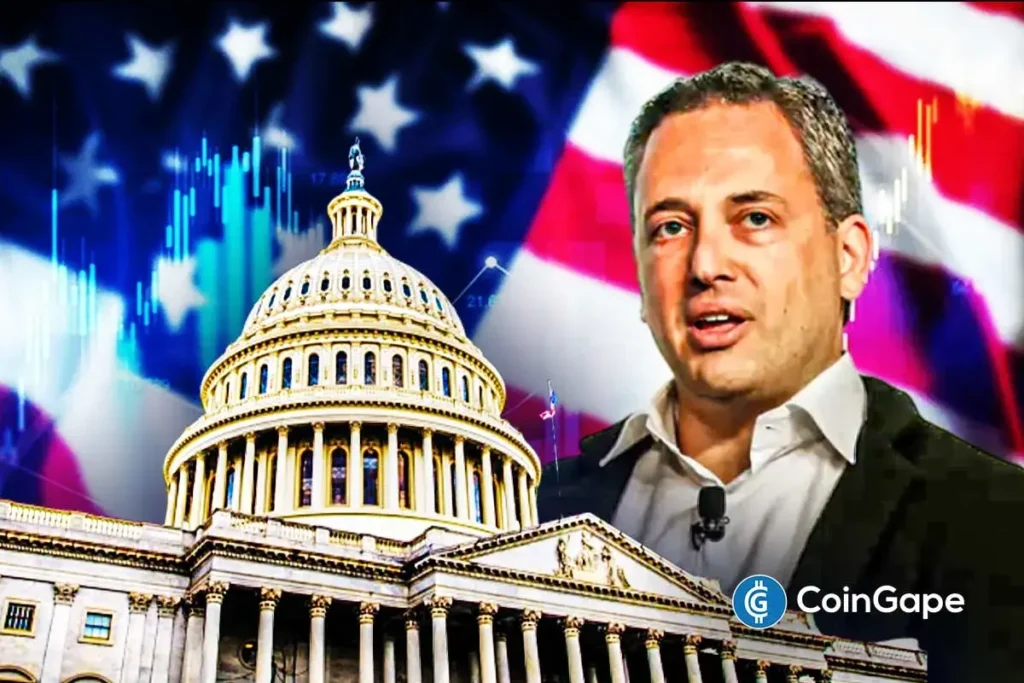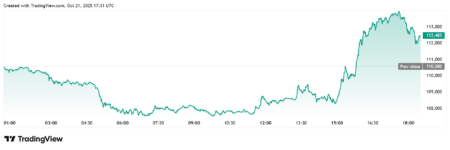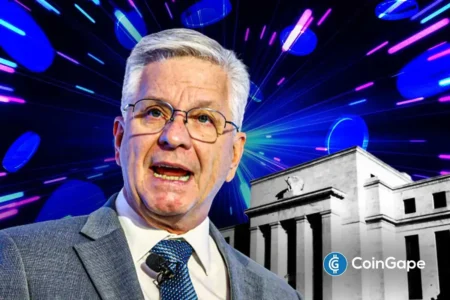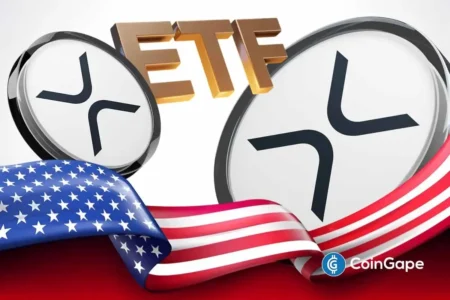The Push for Crypto Market Regulation: David Sacks Meets with Senate Banking Committee
As the digital asset landscape evolves, a pivotal meeting is scheduled for Wednesday morning between David Sacks, the Crypto and AI Czar, and Republican members of the Senate Banking Committee. This gathering aims to advance discussions on the much-anticipated crypto market structure bill. With increased demands from legislators and the public for regulatory clarity in the cryptocurrency space, the meeting is set against a backdrop of urgency and bipartisan collaboration.
Growing Legislative Momentum on Crypto Regulation
The past weeks have witnessed a surge in legislative momentum regarding cryptocurrency market structures. The Senate Banking Committee’s focus is mainly driven by a collective need to formalize regulations around digital assets. Sacks is expected to advocate for enhanced bipartisan cooperation, emphasizing the significance of advancing crypto regulations this year. As the urgency escalates within Washington, this meeting seeks to carve out a unified framework for the digital asset landscape.
Federal Reserve Governor Christopher Waller has been vocal about supporting crypto innovation through proposed frameworks that scrutinize payments in this emerging field. His involvement underscores a growing recognition among federal agencies about the necessity of regulated crypto markets. This prevailing atmosphere is indicative of an evolving consensus on the need for a structured approach to digital assets, showcasing the commitment to establishing secure and effective regulations.
Addressing Legislative Concerns
During the meeting, key concerns stemming from influential senators like John Kennedy will also be addressed. Kennedy has previously articulated reservations regarding the implications of the crypto market structure bill. Navigating these concerns is crucial as lawmakers grapple with the balance between fostering innovation and ensuring adequate investor protection within the fast-paced digital asset industry. An open dialogue surrounding these apprehensions can ultimately help alleviate the uncertainty surrounding crypto regulations.
In parallel with this meeting, two significant industry roundtables are scheduled on Capitol Hill. These roundtables, hosted by Senators Kirsten Gillibrand and Tim Scott, reflect the increasing willingness of lawmakers to engage directly with industry stakeholders. Such discussions signal a broader intent to clarify and refine legislative efforts surrounding cryptocurrencies, thereby alleviating regulatory ambiguities faced by various market participants, including crypto exchanges and stablecoin issuers.
The Industry’s Call for Clarity
The renewed discussions emerge amidst ongoing economic pressures and heightened public demand for regulatory clarity. Industry players have long operated under a cloud of uncertainty, with many calling for standardized regulations that would create a more conducive environment for business while safeguarding investors. Sacks’ outreach to bipartisan lawmakers represents a significant initiative to provide a structured pathway for crypto legislation, demonstrating the growing recognition that comprehensive guidelines are essential for both innovation and stability.
These recent actions on Capitol Hill echo a larger narrative around the importance of regulatory frameworks for cryptocurrencies. With lawmakers actively seeking inputs from industry leaders, the collaboration could prove beneficial in addressing the core values of investor protection, innovation, and American competitiveness in global crypto markets. The outcome of these discussions could significantly impact the future trajectory of how cryptocurrencies are perceived and regulated in the United States.
Reigniting Bipartisan Dialogue
The upcoming gatherings also serve as a platform to reignite bipartisan dialogues essential for advancing the stalled crypto market structure bill. While the specific roles of regulatory bodies such as the SEC and CFTC in overseeing the cryptocurrency space remain contentious, these discussions indicate a productive engagement between lawmakers and the crypto industry. By hosting industry roundtables and discussions, lawmakers can gather insights directly from experts, promoting a collaborative atmosphere that fosters sustainable policies for digital assets.
Moreover, the focus on decentralized finance (DeFi) regulations highlights the pressing need for comprehensive strategies to manage various aspects of the crypto ecosystem. As DeFi continues gaining traction, ensuring robust guidelines becomes crucial to protect investors and promote transparency within this innovative segment of the market.
The Path Forward for Crypto Legislation
As the legislature intensifies its efforts toward creating a cohesive regulatory framework for cryptocurrencies, the path forward involves diligent negotiations and strategic partnerships between lawmakers and industry stakeholders. The convergence of these discussions may mark a turning point for the broader crypto industry, where clarity in regulations can bolster confidence among investors and businesses alike.
The potential for a comprehensive crypto market structure bill before the year’s end remains optimistic but contingent on the efficacy of these dialogues. As these legislative discussions unfold, the emphasis will likely remain on key principles such as investor protection, economic innovation, and the U.S.’s position in the global crypto economy. Stakeholders in the crypto sector are closely monitoring these developments, anticipating favorable outcomes that could alleviate confusion and reshape the digital currency landscape.
In conclusion, David Sacks’ engagement with the Senate Banking Committee is a significant step toward crafting a structured approach to cryptocurrency regulation. As bipartisan discussions continue and industry roundtables facilitate dialogue among stakeholders, there lies an opportunity to establish a robust framework that can foster innovation while protecting investors in the burgeoning digital asset market. With ongoing efforts in Washington, the urgency surrounding crypto regulation reflects a broader recognition of the need to adapt to the changing financial landscape.
















